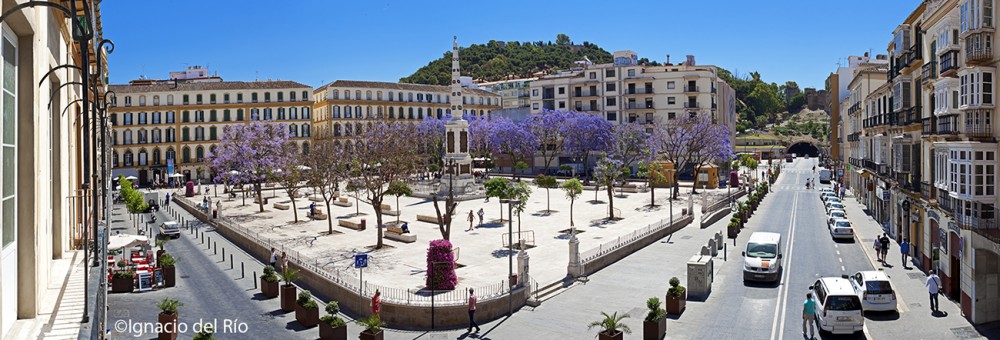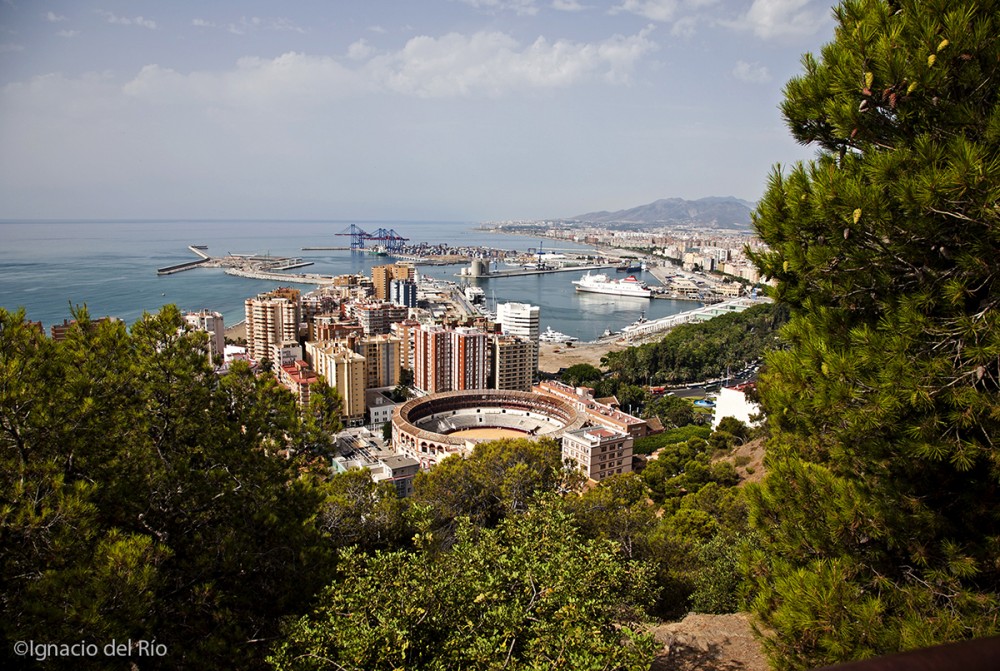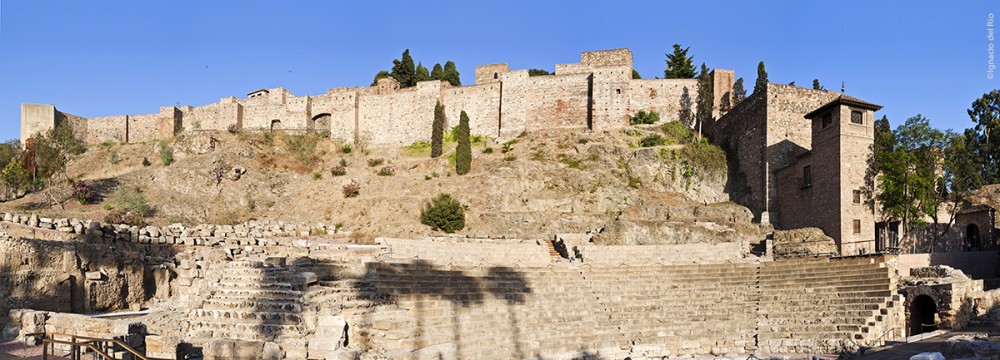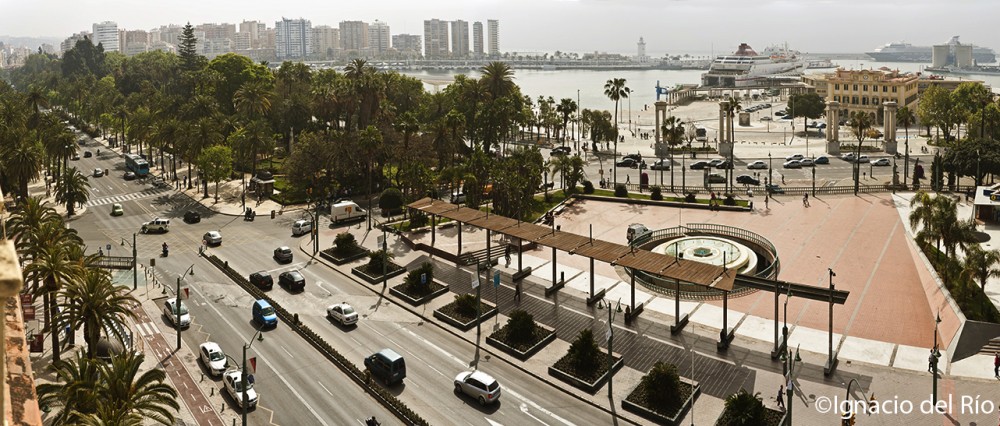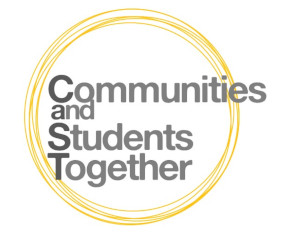University of Málaga
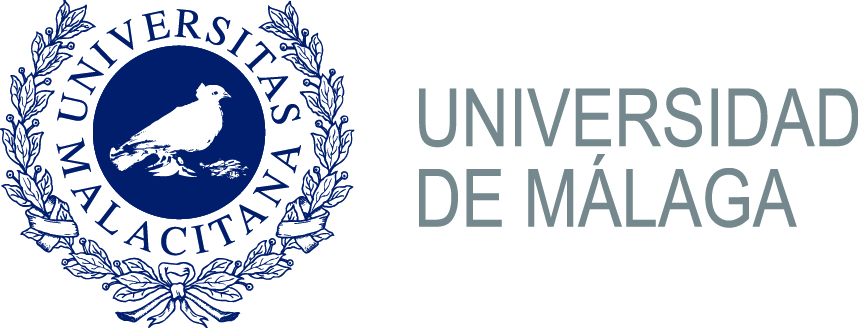
The University of Malaga (UMA) is one of Spain's premiere institutions of higher learning (world ranking: 736) [2016]. Since its foundation back in 1972, UMA has rapidly expanded its international presence and prestige. Currently, UMA has 2 campuses (1.797.247 m2), +35,000 students, +2,400 professors, 23 faculties and schools, 82 departments, 200 educational programmes (incl. 68 undergraduate, 75 master and 34 phd), 309 research groups, research projects (425 national / 150 EU [2007-2016]), and +1,800 business contacts.
Regarding international relations, UMA has bilateral agreements with +945 universities from all over the world (Europe, Iberoamerica, North Africa, Asia, USA/Canada, Australia, New Zealand, Japan, South Korea, etc.) with +1,000/+1,000 exchange students (in/out)/year and +100/+100 exchange staff (in/out)/year. UMA participates actively in a number of international programmes (LLP, Erasmus Mundus, Tempus, Erasmus+, ISEP, Fulbright, AUIP, etc.), national/regional programmes (Spanish
Ministry of Education, Regional Gov, Talentia, ICEX, etc.), and privately-funded programmes (Santander, Universia, Caixa, Caja Madrid, etc.), all of them managed by the Unit of International Affairs & Cooperation (UIAC). UMA is member of +100 networks/associations.
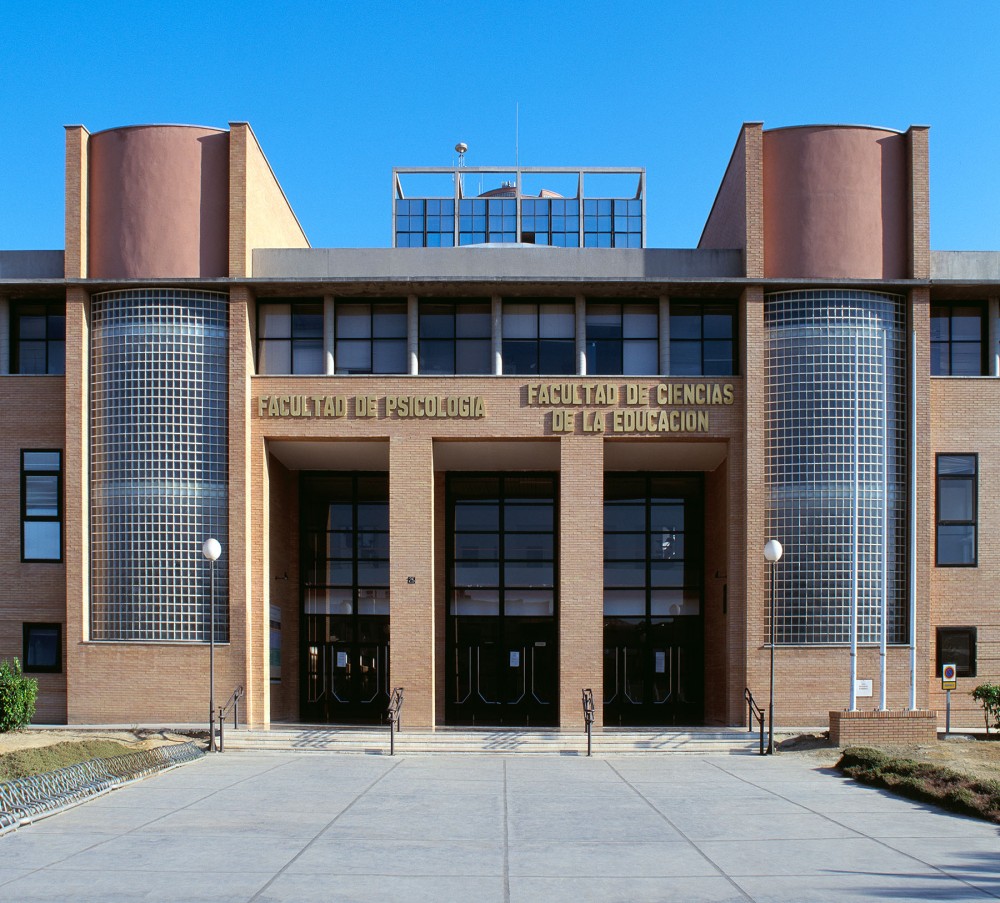
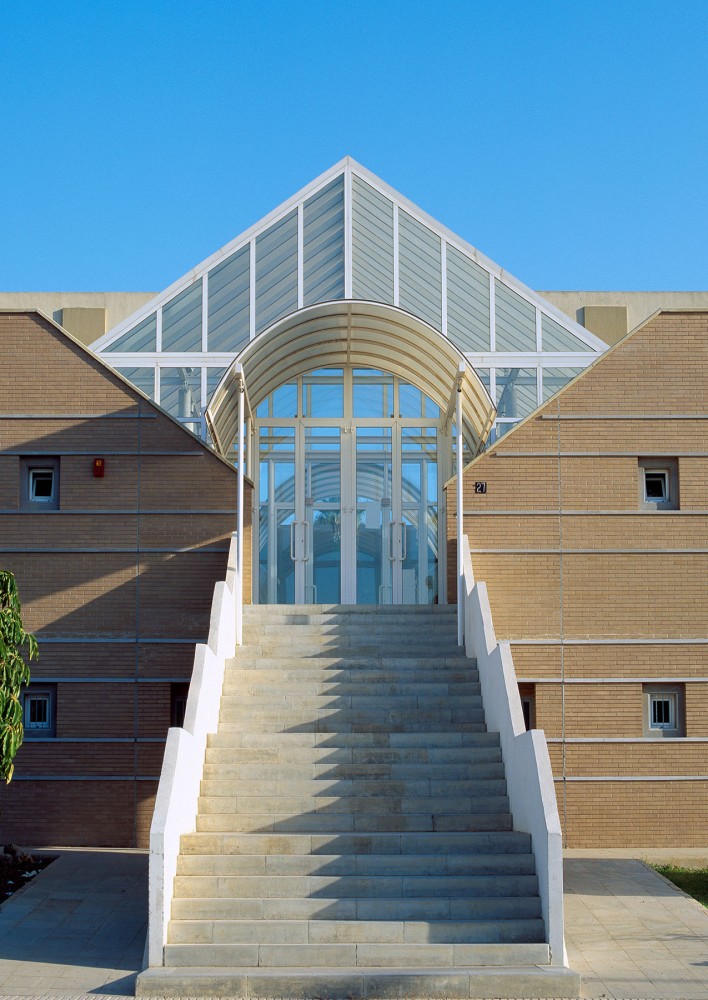
UMA stimulates educational innovation and research by boosting the quality of its professors and research groups through their participation in international research projects - managed by OTRI (Research Results Transference Office) - with the support and sponsorship of enterprises from local TechPark (PTA). The university has a dedicated career center which fosters the employability of students and young researchers by offering a wide services portfolio including academic/professional counselling, paid internships/fellowships, etc. UMA meets the following quality standards: EFQM 200, EFQM 300, ISO 9001, ISO 14001, etc.
UMA is also part of the “Andalucia Tech” campus of excellence.
